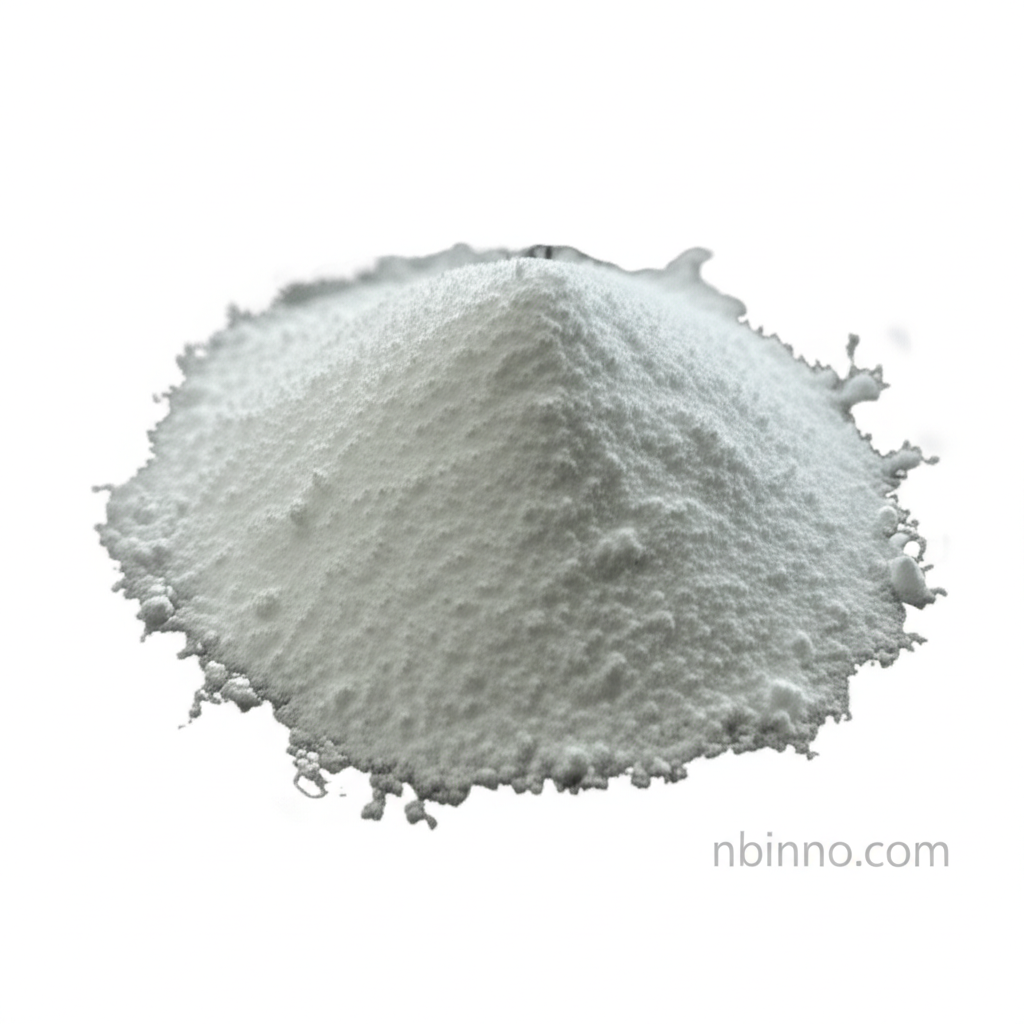Afatinib CAS 850140-72-6: A Comprehensive Overview of its Properties and Applications
Explore the critical role of Afatinib (CAS 850140-72-6) as a key pharmaceutical intermediate, detailing its properties, applications in cancer therapy, and its significance in the global pharmaceutical supply chain.
Get a Quote & SampleProduct Core Value

Afatinib
As a vital pharmaceutical intermediate, Afatinib (CAS 850140-72-6) is a cornerstone in the development of advanced cancer treatments. We are proud to be a reliable supplier in China, offering this high-purity chemical that is essential for targeting specific mutations in diseases like non-small cell lung carcinoma. Our commitment ensures consistent quality for critical pharmaceutical manufacturing processes.
- Understanding Afatinib CAS 850140-72-6: A key pharmaceutical intermediate crucial for developing targeted cancer therapies.
- Explore the Buy Afatinib API options and learn about its applications in oncology from trusted China manufacturers.
- Delve into the properties of Afatinib, a potent tyrosine kinase inhibitor, essential for advanced pharmaceutical research and development.
- Discover the role of Afatinib in treating lung cancer and its potential in other oncological applications, emphasizing its importance as an API.
Key Advantages and Features
High Purity and Quality
We offer Afatinib with a guaranteed purity of 99%+, ensuring it meets the stringent requirements for pharmaceutical applications. This dedication to quality makes us a preferred supplier in China for critical API needs.
Versatile Pharmaceutical Intermediate
Afatinib serves as a fundamental building block for numerous life-saving medications, particularly in oncology. Its role as a pharmaceutical intermediate is paramount for advancing drug discovery and manufacturing.
Targeted Cancer Therapy
As a tyrosine kinase inhibitor, Afatinib is instrumental in developing treatments for specific cancer mutations, like those found in lung cancer. This targeted approach offers new hope for patients worldwide.
Key Applications
Oncology Drug Development
Afatinib is primarily used in the development of targeted cancer therapies, particularly for non-small cell lung carcinoma (NSCLC) harboring specific EGFR mutations. This makes it a critical component for pharmaceutical manufacturers focused on oncology.
Pharmaceutical Intermediates
As a high-purity API, Afatinib is sought after by companies globally for synthesizing advanced pharmaceutical compounds. Sourcing this intermediate from reliable China manufacturers ensures a stable supply chain.
Tyrosine Kinase Inhibitor Research
The efficacy of Afatinib as a tyrosine kinase inhibitor makes it a subject of ongoing research for its potential in treating other forms of cancer and related diseases. Its chemical structure and inhibitory action are of significant interest to researchers.
Medical Research and Diagnostics
Beyond direct therapeutic use, Afatinib may also be utilized in diagnostic assays and in vitro research to understand cancer mechanisms and test new treatment combinations.
